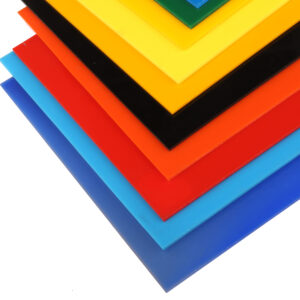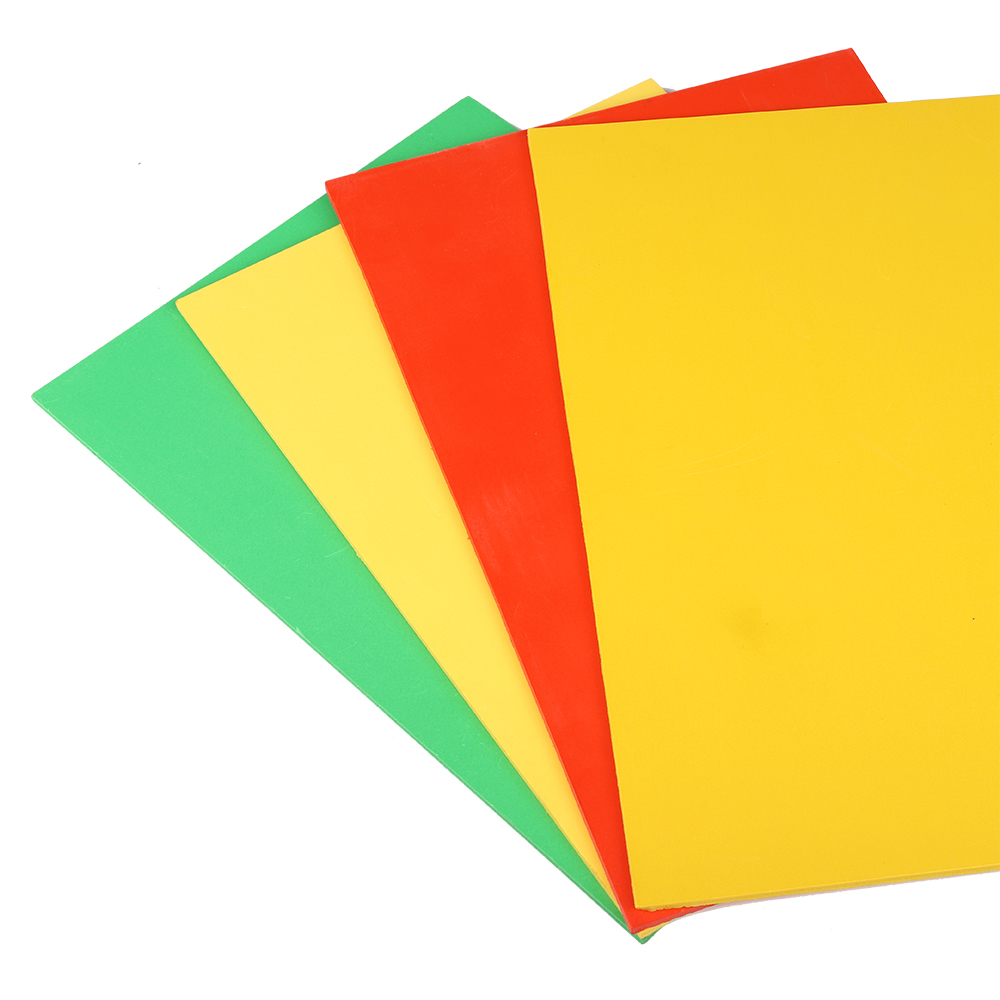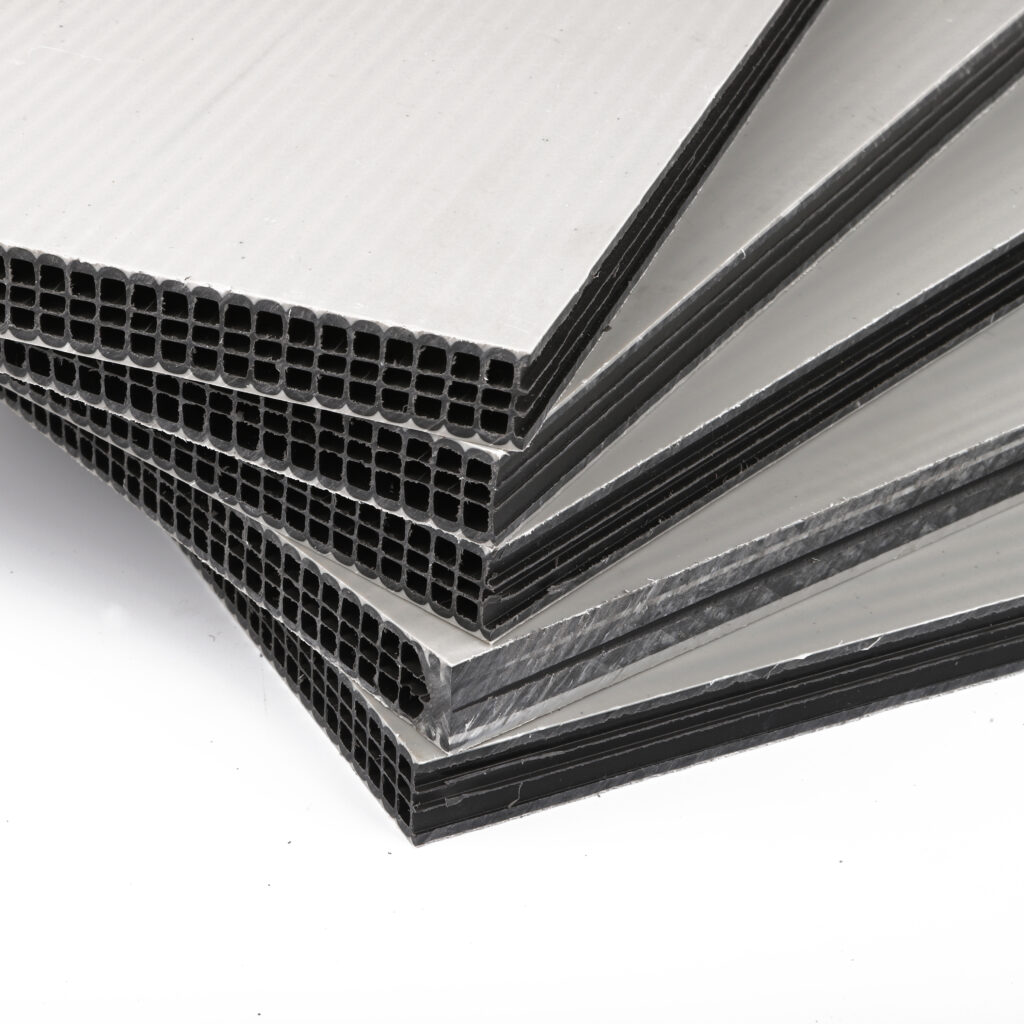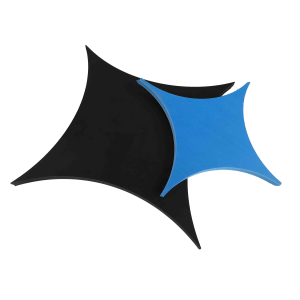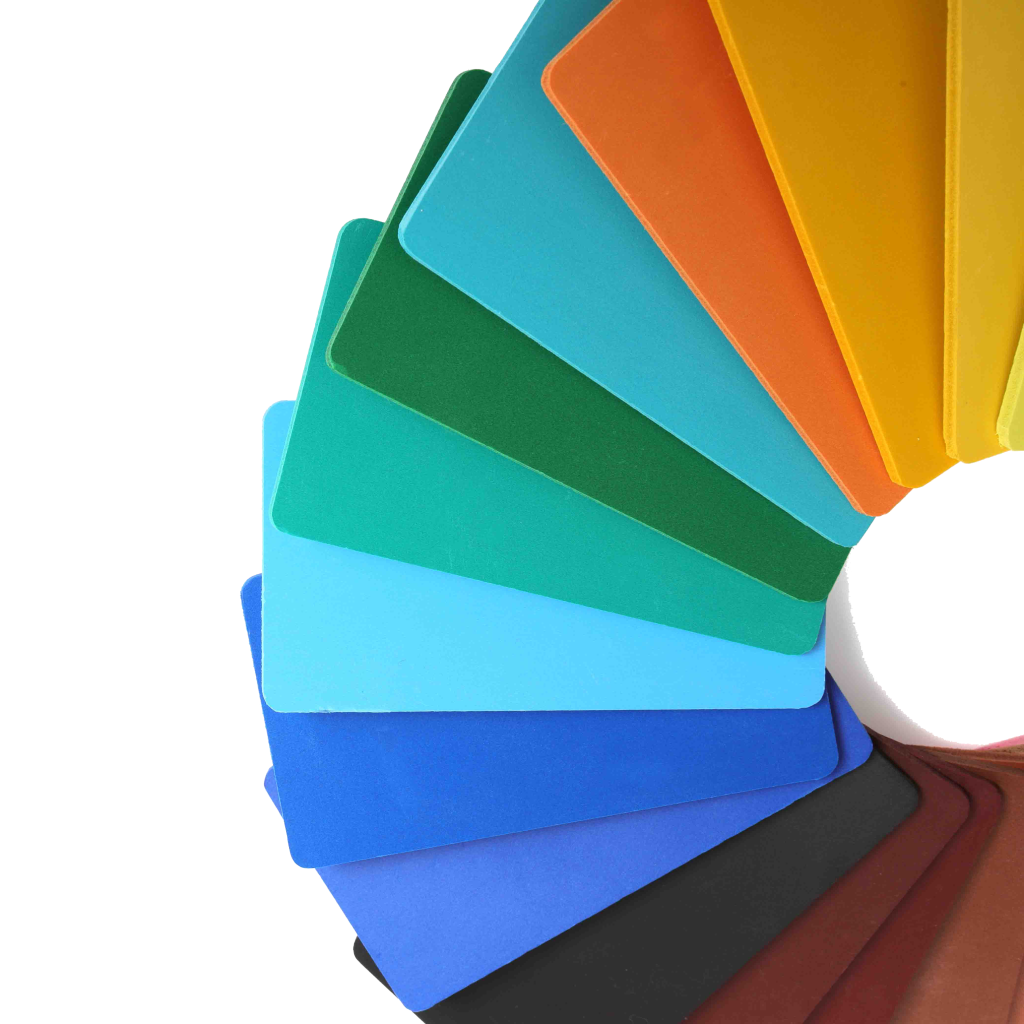Plastic Properties Descriptions
Hardness, Izod impact, light transmittance, tensile strength and more. What is' coefficient of friction’, ‘Izod impact’, or ‘tensile strength’?
This is our plastics material properties designed to find, describe & compare the appropriate plastic material for various applications by material properties as well as cost. Included in this guide are the following: general physical/mechanical and chemical properties, tensile strength, flexural strength, impact strength and hardness, dielectric properties, heat deflection temperature, maximum operating temperature, chemical resistance, UV and visible light transmission, and cost comparison.
Coefficient of Friction of Plastic
Degree to which a plastic resists sliding against another material. A lower number indicates more slippery.
Coefficient of Linear Thermal Expansion
Degree to which a plastic changes size due to temperature change. A high number indicates more growth when heated.
Compressive Strength of Plastic
The load at which a plastic test specimen fails in compression.
Chemical Resistance of Plastic
Some chemicals may react with a given polymer by changing its color without affecting its mechanical capabilities, while other materials may actively degrade or dissolve it. Manufacturer chemical compatibility data should be reviewed for each given chemical compound. Chemical Compatibility data may be available upon request.
Dielectric Strength of Plastic
Dielectric strength is displayed as volts per mile (1/1000 inch). The dielectric strength of an insulating material is equal to the maximum electric field strength/stress that it can withstand without experiencing failure of its insulating properties (without breaking down). ATSM D-149
Flexural Modulus of Elasticity of Plastic
A measure of the flexural stiffness of a plastic prior to breaking or permanently deforming.
Flexural Strength of Plastic
Flexural Strength is defined as a material’s ability to resist deformation under load. The flexural strength represents the highest stress experienced within a given material at its moment of rupture. It is measured in terms of stress by applied force in pounds per square inch. ATSM D-790
Hardness of Plastic
The resistance of a plastic material to indentation.
Haze of Plastic
The degree to which a transparent plastic material appears cloudy.
Heat deflection Temperature of Plastic
The temperature at which a plastic test specimen will bend a specified distance under a specified load.
Heat Deflection Temperature of Plastic
Heat Deflection Temperature is the temperature at which a material deforms under a specified load. The temperature is increased at 2 °C or 35.6°F/min until the specimen deflects 0.25mm/.01in. The deflection temperature test results are a useful measure of relative service temperature for a polymer when used in load-bearing parts. However, the deflection temperature test is a short-term test and should not be used alone for product design-ATSM D-149.
Izod Impact Test (Notched) of Plastic
The IZOD Impact Test determines the impact resistance of a sample material. This test involves an arm held at a specific height, which when released hits the sample and breaks it. From the energy absorbed by the sample, its impact energy is determined. A notched sample is used to determine impact energy and notch sensitivity indicating the energy required to break the notch. ATSM D-256
Light Transmission of Plastic
This document lists both visible and UV light transmission characteristics. It refers to the amount of light a material allows through it. UV light transmission is based on the nm range of UV light transmitted. Visible light transmission is the amount of visible light transmitted based on the D65 Illuminant scale where 100% transmission allows through 6500k lumens.
Light Transmittance of Plastic
The ability of a plastic to transmit light. A higher number indicates greater transparency.
Max Continuous Service Temperature In Air
An approximate temperature above which a plastic material will be more likely to fail.
Maximum Continuous Operating Temperature of Plastic
Maximum operating temperature is the highest temperature at which a material will maintain its mechanical stability.
Rockwell Hardness Scale of Plastic
The Rockwell Scale is a general method for measuring the bulk hardness of metallic and polymer materials. Although hardness testing does not give a direct measurement of any performance properties, hardness of a material correlates directly with its strength, wear resistance, and other properties. Rockwell hardness testing is an indentation testing method. To start the test, an indenter is pushed into a sample at a preset minor load. A major load is then applied and held for a set time period. The force on the indenter is then decreased back to the minor load. The Rockwell hardness number is calculated from the depth of the permanent deformation of the indenter into the sample. ATSM D-785
Specific Gravity of Plastic
The density of a plastic compared with the density of water. A higher number indicates a denser plastic.
Tensile Strength of Plastic
Tensile strength (Ultimate Tensile Strength) is calculated as the maximum stress that a material can withstand while being stretched or pulled before failing/tearing/breaking. The listed values are measured in pounds per square inch. ATSM D-638
Tensile Elongation of Plastic
The degree to which a plastic test specimen can be stretched under a tensile load prior to failure.
Tensile Modulus of Elasticity of Plastic
A measure of the tensile (pulling) stiffness of a plastic material prior to breaking or permanently deforming.
Tensile Strength of Plastic
The load at which a plastic test specimen fails when it is pulled from both ends.
UV Resistance of Plastic
UV Resistance refers to a material’s ability to resist degradation from absorbing UV radiation. Materials that are not UV stable will change both in appearance and molecular structure when exposed to UV, and over time can become brittle, crack, change, color, warp etc.
Water Absorption of Plastic
The% increase in the weight of a plastic when it is immersed in water for a specified period of time.

Talk to our team
Whatever your inquiry, at Kingstar we’re here to help.
